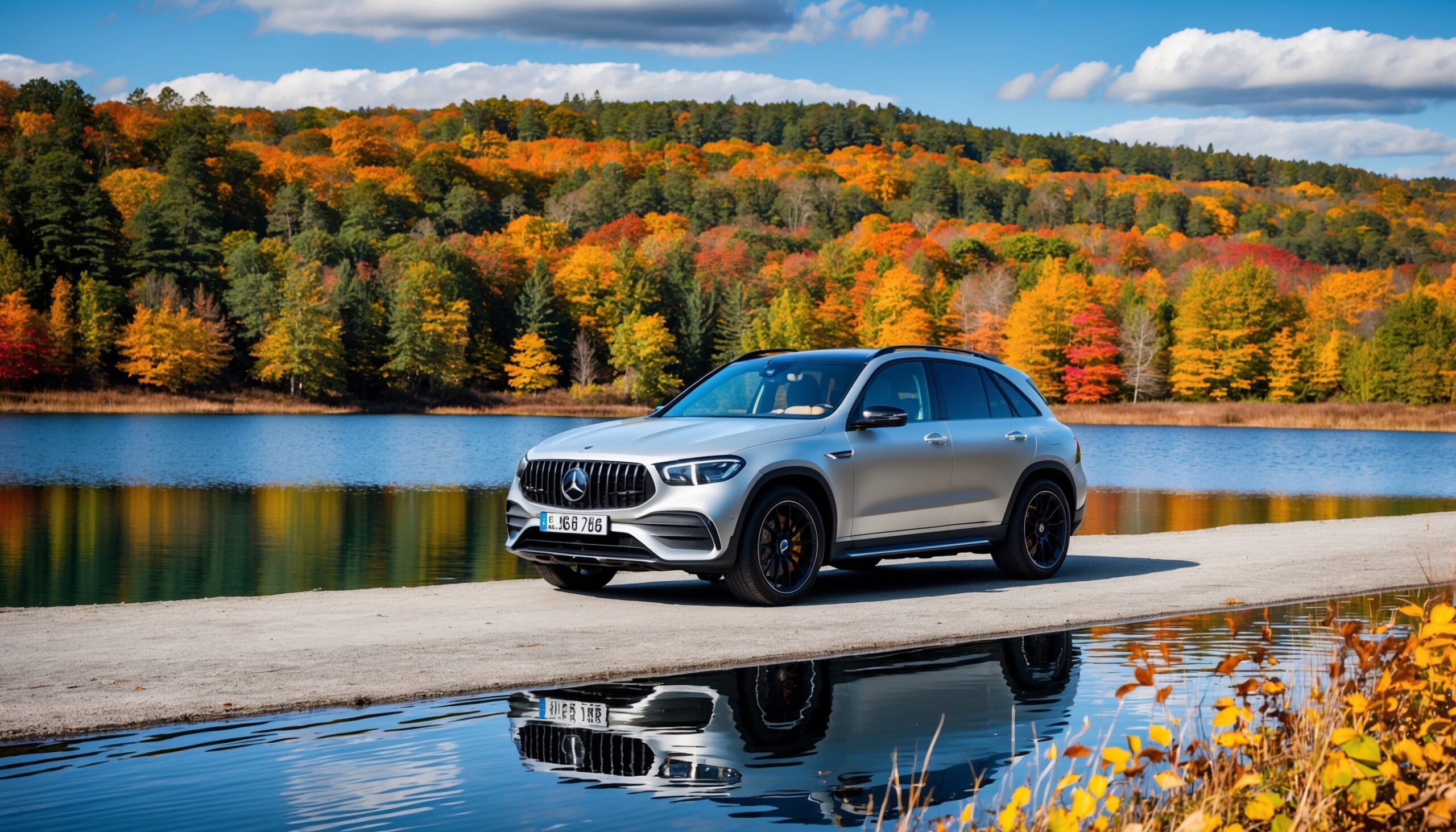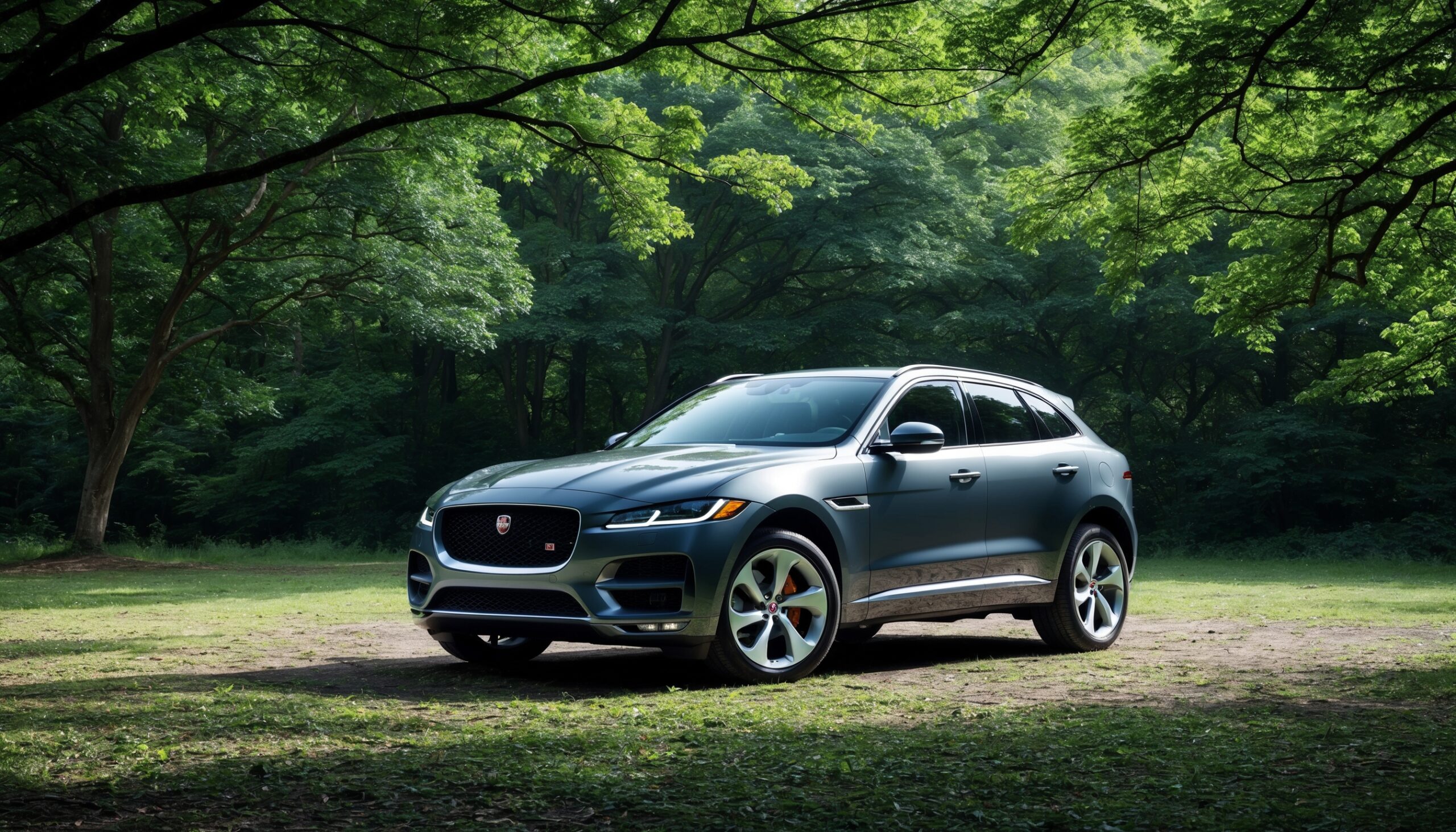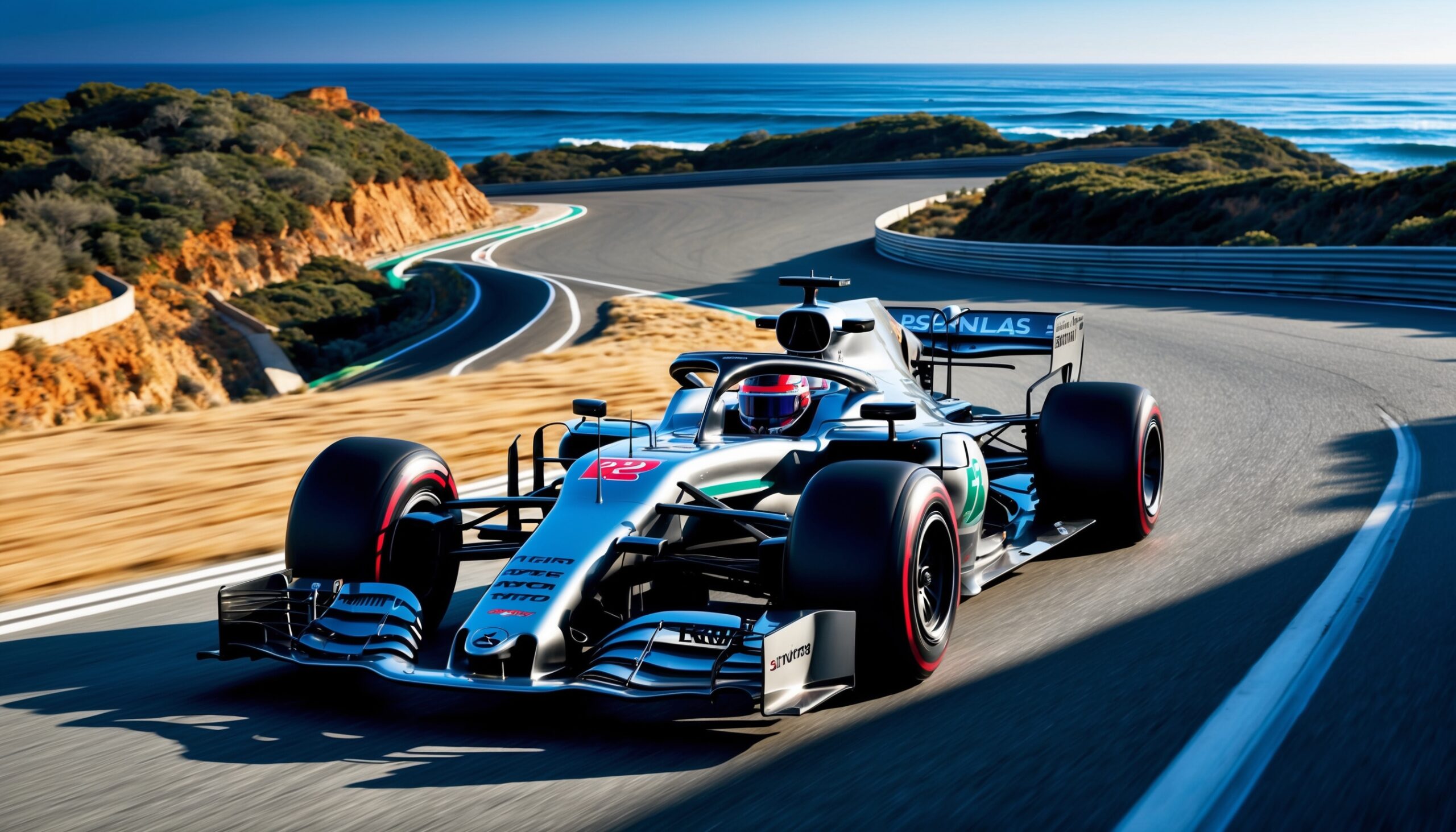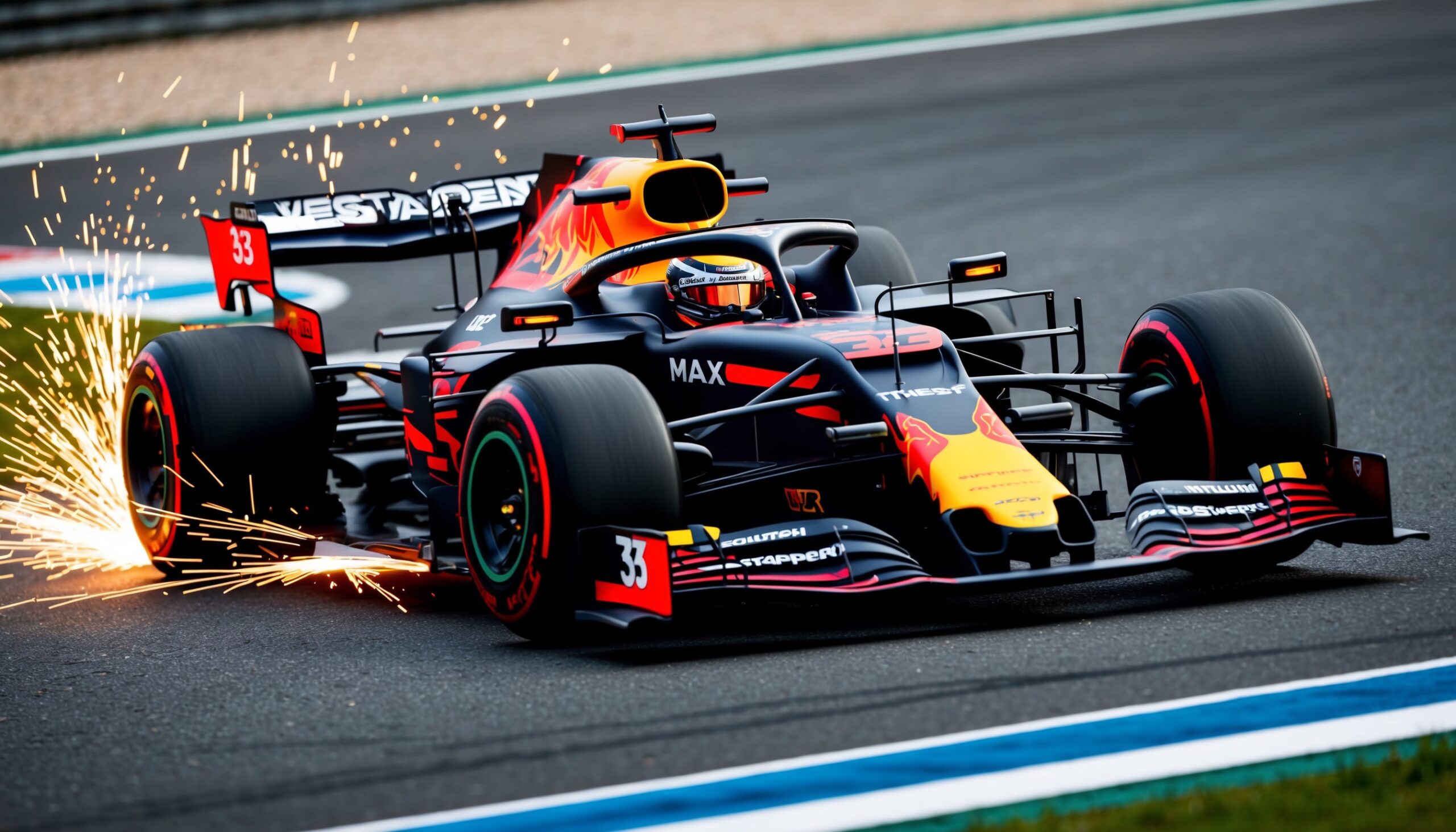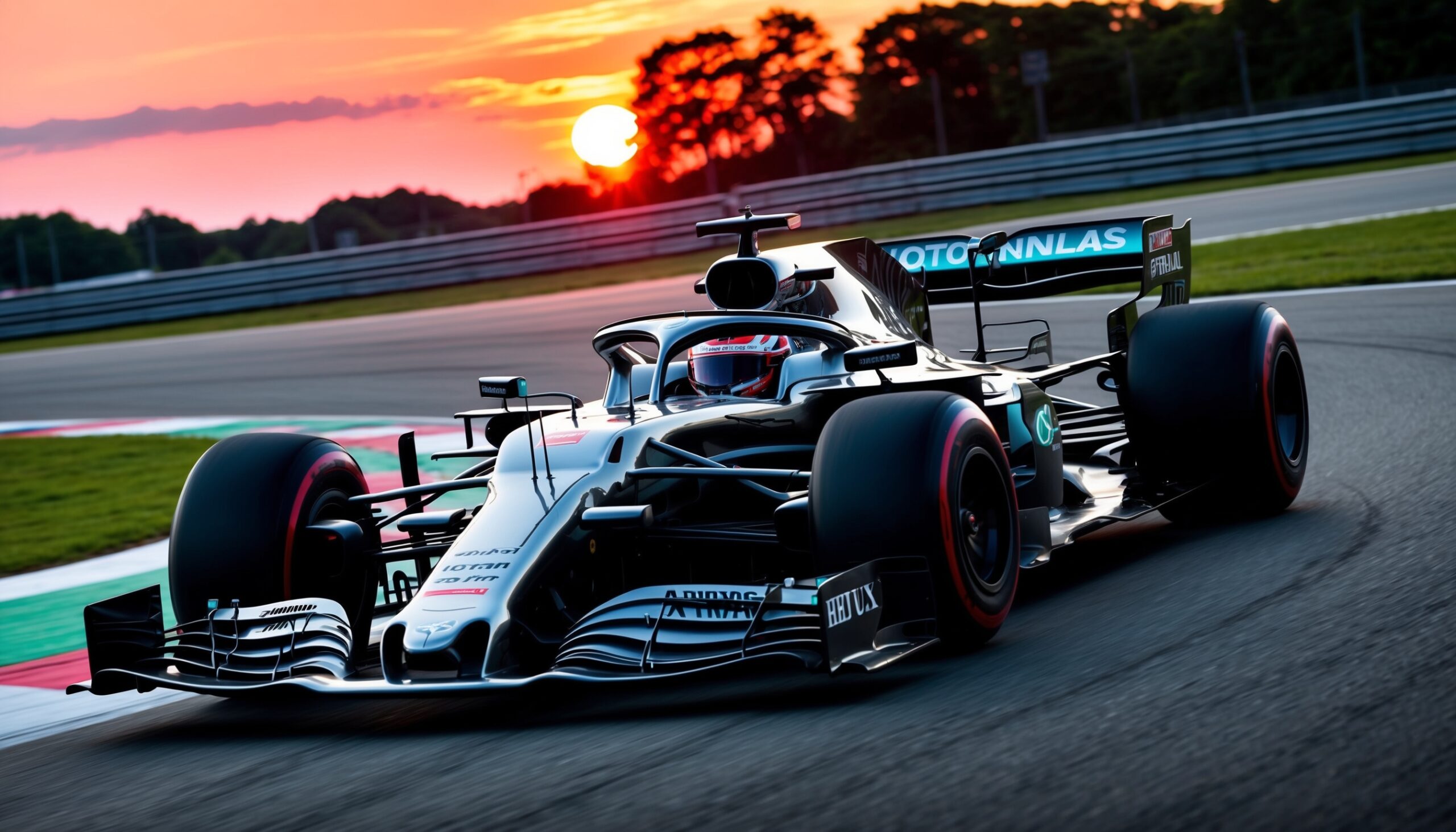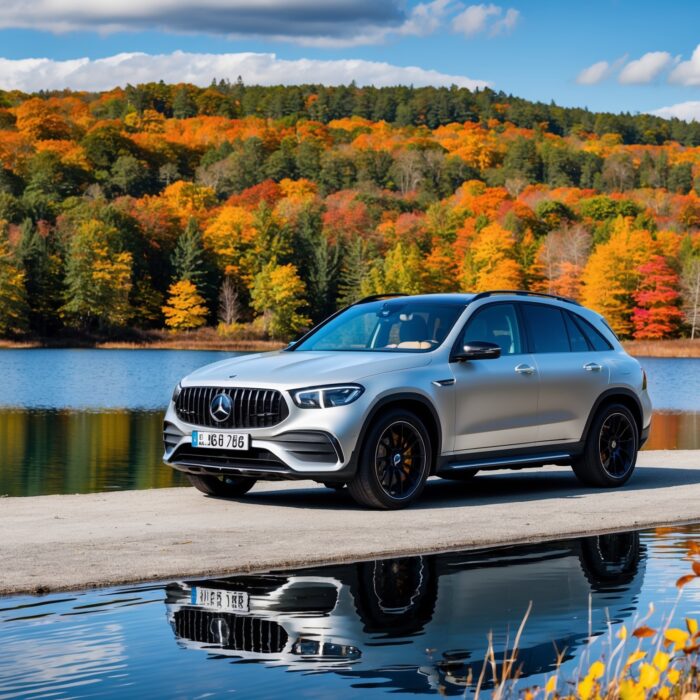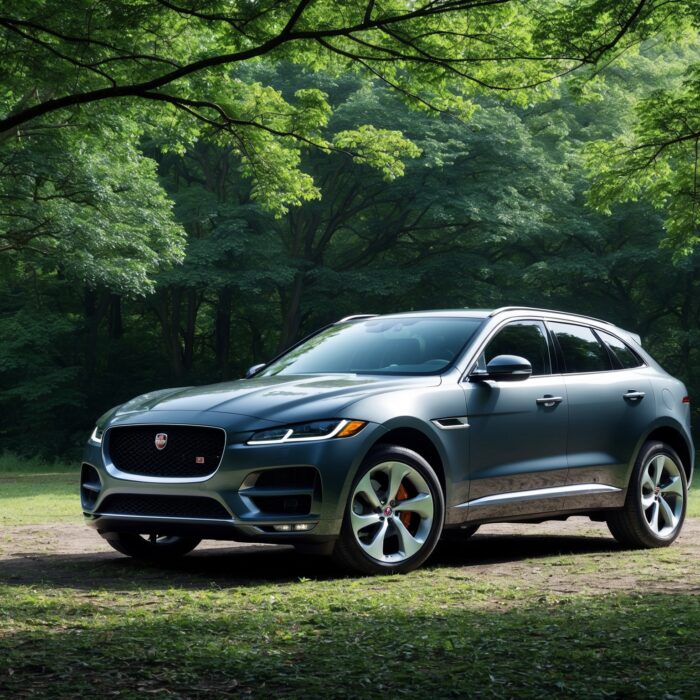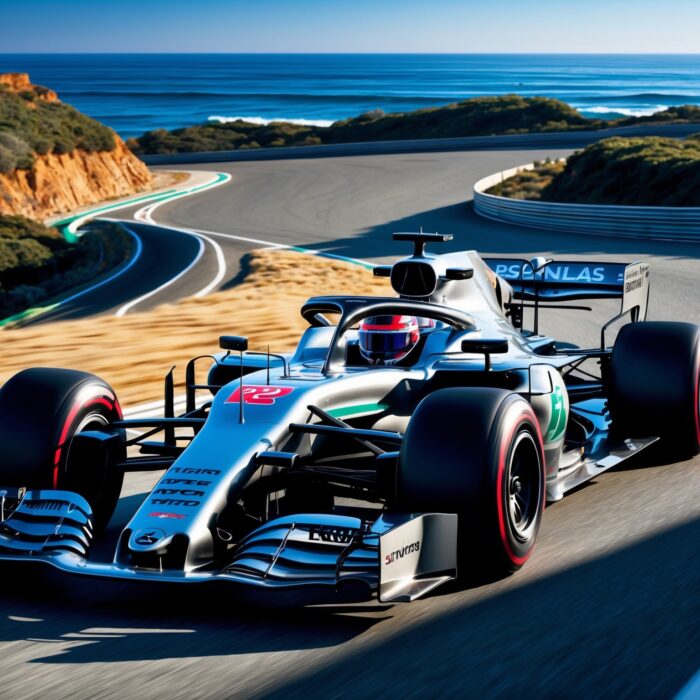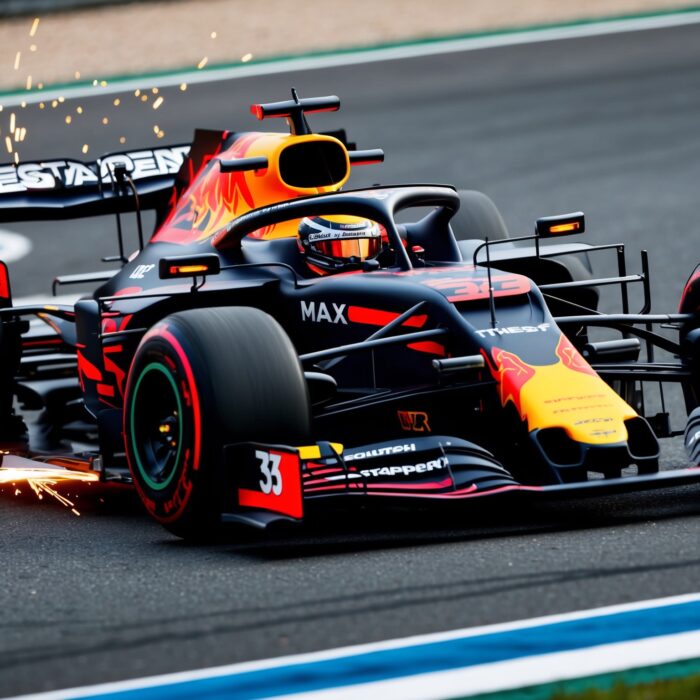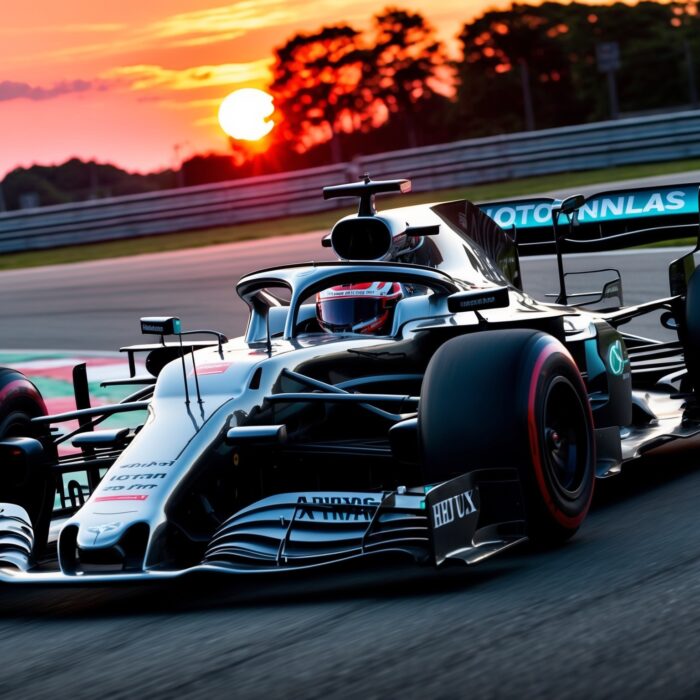The Complete List of Canceled and Discontinued EVs
Electric vehicles (EVs) have been the talk of the automotive world over the past decade. With the push for sustainable transportation and reducing our carbon footprint, many manufacturers have jumped on the EV bandwagon. However, not all electric vehicles have made it to the market or survived long enough to see success. In this post, we’ll take a detailed look at some of the most notable canceled and discontinued EVs. Whether you’re a die-hard car enthusiast or just curious about the electric vehicle landscape, this list compiled by Torque Feed will certainly pique your interest!
Also Read: Impact of New Government EV Subsidies on the 2026 Vehicle Market
Why Do EVs Get Canceled?
Before we dive into the list, it’s essential to understand why certain EV models are canceled or discontinued. The automotive industry is dynamic, and several factors can lead to the demise of an electric vehicle:
- Market Demand: Sometimes, manufacturers misjudge the demand for a specific model, leading to poor sales.
- Technological Challenges: Issues with battery technology or range can discourage manufacturers from proceeding with production.
- Competition: The EV market is increasingly competitive, and some models may be overshadowed by more popular options.
- Financial Constraints: Economic downturns or changes in corporate strategy can lead to cuts in production.
- Regulatory Changes: Shifts in government policies or incentives can also impact the viability of certain models.
Notable Canceled and Discontinued EVs
1. Tesla Roadster (Original)
The original Tesla Roadster was a groundbreaking vehicle that put electric sports cars on the map. However, after its initial production run ended in 2012, many enthusiasts were left wondering about a second generation. Although Tesla announced a new Roadster, delays have plagued the project, and it has yet to see the light of day. Tesla’s focus on mainstream models like the Model 3 and Model Y may have shifted attention away from the sports car segment.
Also Read: Select Tesla Model Y Performance vs. 2026 BMW i3 M: Electric Sport Sedan Showdown
2. Faraday Future FF 91
Faraday Future burst onto the scene with promises of a high-performance luxury electric SUV, the FF 91. However, financial struggles and production delays have plagued the startup since its inception. Despite a lot of hype and pre-orders, the company has had to scale back its ambitions, leading many to speculate about the future of the FF 91.
3. Fisker Karma
The Fisker Karma was one of the first luxury plug-in hybrids, but it faced numerous challenges, including battery supply issues and recalls. Production ceased in 2012, and while Fisker has since pivoted to focus on fully electric vehicles, the Karma remains a symbol of what could have been.
4. Chevrolet Volt
While technically a plug-in hybrid, the Chevrolet Volt played a significant role in the EV landscape. General Motors decided to discontinue the Volt in 2019 as they shifted their focus toward fully electric models. The Volt was praised for its innovative technology, but GM’s vision for an all-electric future meant the end for this beloved model.
5. BMW i3
The BMW i3 was a quirky, compact electric car that garnered a loyal following. Unfortunately, BMW announced in 2022 that they would discontinue the i3 due to declining sales. While it was celebrated for its unique design and eco-friendly materials, it struggled to compete in an increasingly crowded EV market.

6. Nissan Leaf (First Generation)
The Nissan Leaf has been one of the most recognizable electric vehicles globally, but the first generation faced its share of challenges. The original Leaf was discontinued in 2017 as Nissan introduced a revamped model with improved range and features. While the Leaf remains in production, the discontinuation of its first iteration marks a significant shift in Nissan’s electric strategy.
7. Honda Clarity Electric
The Honda Clarity lineup included various powertrains, but the electric version failed to gain traction. Honda announced in 2020 that it would cease production of the Clarity Electric due to limited market demand and a focus on hydrogen fuel cell technology. While the Clarity remains in production in hybrid and fuel cell forms, the electric variant has officially been laid to rest.
8. Volkswagen e-Golf
The e-Golf was Volkswagen’s entry into the electric vehicle market, but it was short-lived. Following the scandal surrounding diesel emissions, Volkswagen pivoted its strategy to focus on all-electric models under the ID. brand. The e-Golf was discontinued in 2020, making way for new offerings like the ID.4, which promises more extended range and better technology.
9. Audi e-Tron GT (Limited Edition)
While the Audi e-Tron GT is still in production, a limited edition model was canceled due to production constraints. The e-Tron GT was positioned as a high-performance electric sedan, and while Audi has successful models in the lineup, they had to prioritize their resources, leading to the cancellation of the limited edition variant.
10. Mercedes-Benz EQC
The Mercedes-Benz EQC was one of the brand’s first attempts at an electric SUV. However, production was halted in 2021 as Mercedes shifted its focus to more profitable electric models like the EQS and EQB. While the EQC was a well-received vehicle, it simply couldn’t compete in the rapidly evolving EV marketplace.
The Impact of Canceled EVs on the Industry
The cancellation and discontinuation of electric vehicles can have lasting effects on the industry as a whole. It can shape consumer perceptions, influence manufacturer strategies, and even motivate new startups to enter the market. Each of these vehicles, despite their cancellation, contributes to the larger narrative of electric mobility.
Lessons Learned
For manufacturers, the canceled models serve as valuable lessons in understanding consumer preferences and market dynamics. They highlight the importance of adaptability and innovation in a rapidly changing automotive landscape. For consumers, these cancellations remind us that not all electric vehicles are created equal and that continuous improvement is key to the industry’s success.
The Future of Electric Vehicles
While the list of canceled and discontinued EVs can be disheartening, it also serves as a testament to the growing pains of an industry in transition. Manufacturers are learning from their mistakes, and the technology is continually evolving. As we look to the future, we can expect even more exciting advancements in electric vehicles, with improved range, performance, and affordability.
What’s Next?
As the automotive industry moves towards a more sustainable future, it’s essential for both manufacturers and consumers to stay informed. The canceled models may not have made it to the streets, but they pave the way for the next generation of electric vehicles. The excitement surrounding upcoming models, such as new entries from Tesla, Rivian, and other startups, shows that the spirit of innovation is alive and well.
In conclusion, while the road has been bumpy for some electric vehicles, it’s clear that the future is bright. As electric technology continues to advance, we can look forward to more reliable, efficient, and exciting EVs hitting the market. Here’s to the next chapter in electric mobility, one that may even surpass our wildest dreams!
Stay tuned to Torque Feed for the latest updates on electric vehicles and the automotive industry as a whole. The journey is just beginning, and we’re excited to see where it takes us!

